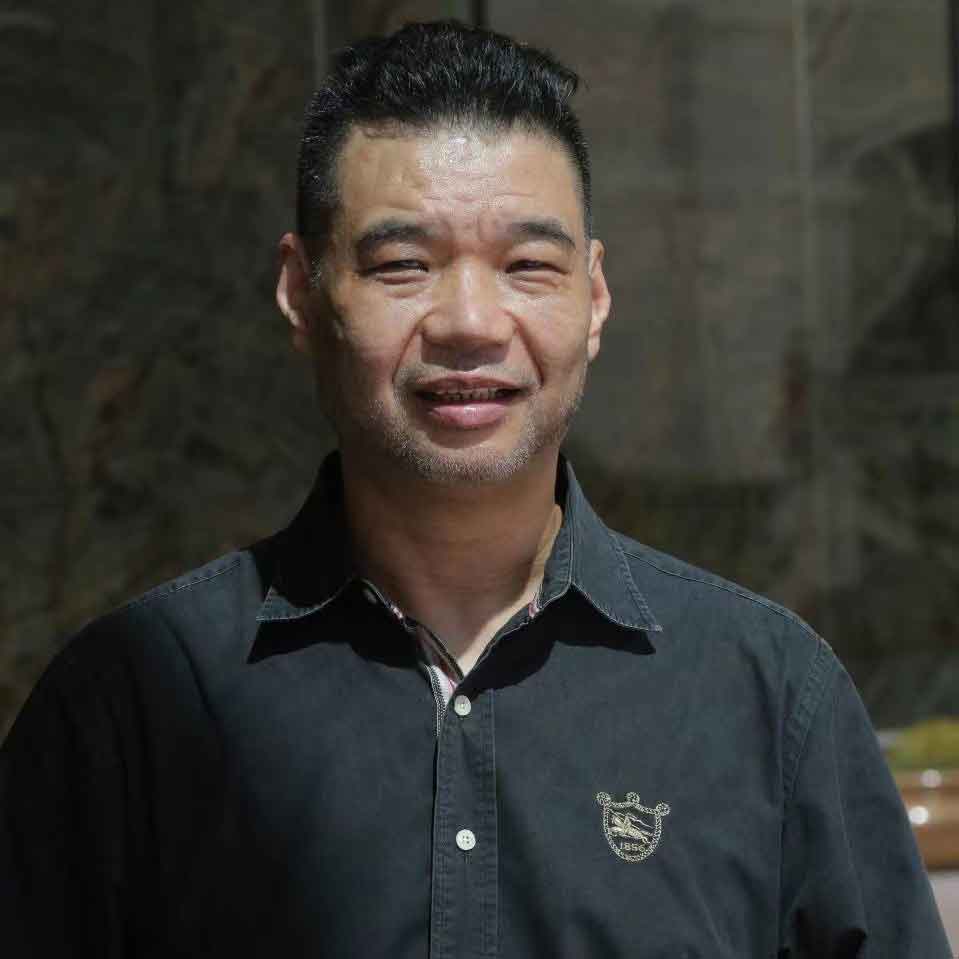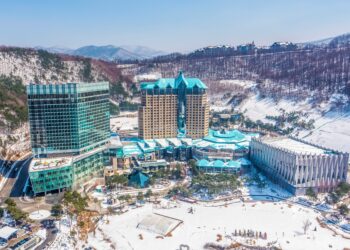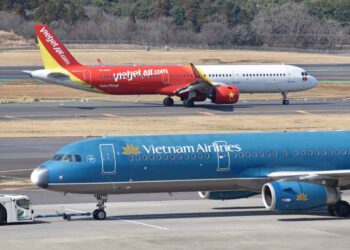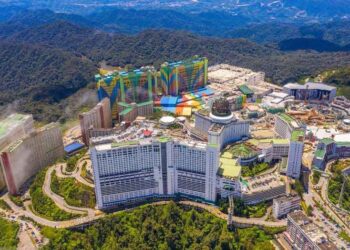The Macau government has launched a 48-day tender process for casino licences and the contents of the tender have been released to the public. These were reported by Inside Asian Gaming earlier this week, sparking discussion over whether the government is expecting too much from gaming companies in supporting Macau’s social development.
Lam Kai Kong, a 33-year veteran of Macau’s gaming industry and director of the Macau Junket Promoters Association, told IAG on Wednesday that the content of the tender was indicative of the “inequality of rights and obligations between concessionaires and the government.” But it could also result in an unintended consequence, with the government’s determination to push concessionaires to the limit likely to result in staff layoffs and pay cuts.
The tender document states that bidders must deliver 11 specific projects, as follows:
- Increase international tourism
- Develop MICE
- Develop entertainment
- Hold major sporting events
- Promote art and culture
- Develop health-based tourism
- Create themed amusements
- Promote Macau as a “City of Gastronomy”
- Develop community-based tourism
- Develop maritime tourism
- Others (including develop Macau as a “tech” center)
These 11 investment projects, all non-gaming, have caused some confusion. The call to “Develop health-based tourism”, for example includes a requirement for concessionaires to develop health-oriented tourism products and even mentions Chinese medicine for health and wellness.
It is undeniably strange that Chinese medicine would be seen as a responsibility of concessionaires rather than the government.

According to Lam, this proves that “the rights and obligations of concessionaires and the government have become very unequal.”
He said, “In the 80s and 90s, the gaming industry was monopolized by Stanley Ho Hung-sun, and the government of Portuguese Macau at the time required the gaming companies to take on social responsibilities, including the airport and Macau Tower. SJM made those investments but at that time, the gaming environment was relatively free and while the government required gaming companies to take on a lot of social responsibilities, it also allowed them to develop relatively freely.
“The environment is different now. There are now six concessionaires and they have to compete with each other, VIP rooms are no longer allowed to operate and satellite casinos are also not allowed to operate [in the manner they did previously].”
There is also the issue of China’s COVID-zero policy. While the Macau government is asking concessionaires to develop MICE and attract overseas visitors, there is no guarantee this COVID-zero policy will be wound back next year, or the one after, potentially creating an untenable scenario given the losses these operators have already accrued during the pandemic.
Lam commented, “Gaming companies are developing non-gaming elements, but the current approach to the epidemic policy is not allowing all developments to take place. The tender requires the development of many non-gaming elements but concessionaires have not been provided any compensation or assistance for all their losses. This is also a sign of inequality.”
Concessionaires may create new companies to sign contracts
In the face of continuous losses and without the ability to layoff staff, there is a view in the community that the six current concessionaires will embark on significant layoffs once they obtain their new gaming licences. In order to prevent this from happening, the Macau government has also included in the tender a provision to protect local staff.
However, now that the concessionaires are bidding for a new license, Lam says it is very likely that the entities they use to sign concession contracts with government will be newly created companies. As such, all staff would need to be re-hired by signing contracts with these new concessionaire companies.
Since the existing concessions will all expire on 31 December 2022, the government has already asked the concessionaires to set money aside to allow them to pay employees any severance pay or other entitlements due should they fail to win a new concession.
The unintended consequence of this is that, with severance money already set aside, the concessionaires might take the opportunity to use these funds for their intended purpose, then re-hire only the minimum number of employees it needs to operate under the current, more subdued business environment. This would also allow concessionaires to offer new employment contracts with lower salaries and fewer benefits.
Lam believes the most likely outcome of the six concessionaires signing a new gaming contract with the government will be widespread layoffs and pay cuts.
“The six concessionaires will sign a new contract with their existing employees after they have been granted the gaming licence, and there is a chance that the new concessionaire will then offer a lower salary contract. If the employees do not accept it, they will be told they are free leave their jobs,” Lam said.



































